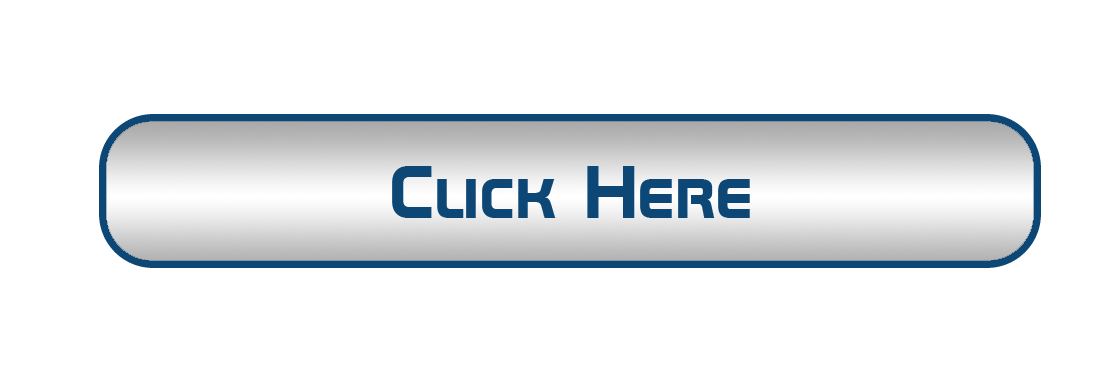However, an authorisation may exceptionally be granted for scientific or other purposes in the public interest. [2] Only fibrous hemp varieties that have been selected for a significantly reduced artificially reduced THC content are excluded. However, their cultivation is allowed only for farmers with special permits and under strict conditions. Since the beginning of 2009, there have been the first exemptions for the medical use of cannabis. This was obtained from a pharmacy in the Netherlands. [3] The medical use of cannabis is legal but limited to the use of Sativex oral spray for multiple sclerosis. [65] However, while in 2017 it was a few tons of medical cannabis for critically ill patients, it is now much larger quantities: industry experts estimate the market for cannabis sold illegally in Germany at hundreds of tons per year. On the 19th. In January 2017, the Bundestag passed a draft law from the Federal Ministry of Health, so that since 10 March 2017[36], critically ill people in need can obtain controlled cannabis by prescription, the costs can be covered by health insurance companies. Doctors should decide on their own responsibility whether cannabis therapy makes sense, even if there are other treatment options. In order to ensure supply, the cultivation of cannabis for medical purposes in Germany must be made possible. The cultivation planned for the future is coordinated and controlled by a state cannabis agency, which is subordinate to the BfArM.
The first harvest is expected in Q4 2020. [37] Meanwhile, demand is covered by imports, which repeatedly leads to supply bottlenecks for patients (from 2018 onwards). Nevertheless, self-cultivation remains prohibited. The exemptions of the Federal Opium Office from the BfArM for the purchase of medical cannabis products are therefore no longer necessary. [38] [39] Bolivia chose this option: “Bolivia withdrew from the United Nations Convention, legalized Cocablã¤tter and then returned to it,” Kouparanis explains. The problem: this process takes time. Germany is expected to withdraw from the agreement by July 1 in order to achieve legalization in 2023. HeiÃt: Buschmann`s plan for the “first joint in next year” is no longer possible – at least if Germany decides on this model, which according to Kouparanis is the most realistic, but also fraught with question marks. When will cannabis become legal? This issue also concerns the legal aspects. Does the traffic light comply with a United Nations agreement or circumvent it by means of a new study? Berlin – The federal government wants to legalize cannabis for the recreational market. According to Federal Chancellor Olaf Scholz, this is still happening “in this legislature”. The Federal Minister of Justice, Marco Buschmann, is becoming more and more ambitious.
On Twitter in May, he wrote that it was realistic to implement the law by spring 2023. In the Bundestag two months ago, he said he wanted to “be so far into next year that we might be able to sell the first legal joint.” What is often overlooked in the often informal debate on legalisation (keyword “Bubatz”) is the legal aspect: cannabis entrepreneur Niklas Kouparanis sees three options for Germany. But what do the traffic light government and the opposition have to say about this? On December 11, 2013, Uruguay announced that it would become the first country in the world to legalize the cultivation and sale of marijuana and cannabis products under state control. Each adult of Uruguayan nationality will be able to buy up to 40 grams of marijuana per month in pharmacies, a maximum of 10 grams per week and two varieties. Individuals are also allowed to grow up to six cannabis plants per year. In addition, marijuana clubs with 15 to 45 members are allowed. These clubs are then allowed to grow up to 99 plants per year and allow each member up to 480 grams per year for their own consumption. On November 19, 2016, the Institute for Cannabis Regulation and Control announced that in the future, one gram of marijuana will cost the equivalent of 1.30 US dollars (initially announced for about one dollar) or 1.20 euros. The head of state at the time, José Mujica, hoped that the measure would make drug cartels more effective.
The purpose of this law is to address the negative consequences of cannabis use on society. However, culture and trade must be controlled by a state commission. Consumers must register in a register, minors and foreigners remain prohibited from consuming. Nevertheless, the opposition fears that drug tourism will grow. Export from the country is prohibited. Until now, Uruguay allowed the use and possession of cannabis for personal use, but prohibited trade and cultivation. [155] [156] Legal cannabis will then be offered by authorized dealers. According to the ideas of Federal Justice Minister Marco Buschmann (FDP), anyone who wants to sell cannabis for recreational purposes must prove their knowledge of the drug and the associated risks. Pharmacies, for example, could serve as a point of sale.
The Union takes a critical look at this game of ideas. “I don`t think a study on cannabis legalization can get around the current law,” Pilsinger says. “Even if it were possible, I think this scenario is hypocritical. In the Czech Republic, since 1 January 2010, possession of up to 15 grams of marijuana is no longer prosecuted, but only punishable by a fine of up to €570. However, the Supreme Court lowered the amount to 10 grams of marijuana in April 2014. [92] Various hard drugs have also been “legalized” in specifically specified quantities. It is one of the most liberal drug laws in Europe. [93] The 2010 amendment to the law was preceded by a survey in 2007, which found that 30% of all Czechs under the age of 24 had ever used cannabis. In the summer of 2007, the Czech Constitutional Court also annulled the ban on the cultivation of cannabis, among other things, referring to this investigation: the private cultivation of up to five cannabis plants per person to cover personal use is no longer punishable, but entails at most a fine of up to 600 euros or the execution of social hours. This article deals with the legal status of cannabis; all other aspects can be found in the main articles cannabis as intoxicating substances, cannabis and cannabinoids as medicines and industrial hemp. According to Kouparanis, the second scenario also seems theoretically conceivable.
Germany would thus follow a similar path to that of Canada or Uruguay. Both countries are part of the UN agreement and are legalized anyway. “Until today, they have gone unpunished for this,” says Kouparanis, who cannot imagine a similar approach from the German government. The attention paid to the German plans is too great. “Germany will become the world`s largest legal cannabis market and will play a pioneering role within the EU. The UN will therefore look very closely.â The Federal Commissioner for Drugs, Burkhard Blienert (SPD), did not want to get involved in a prognosis in an interview for the podcast “SWR3 Report: Legaler Rausch”. “I find it doubtful to say now when the first company will open.” He could understand the impatience.















